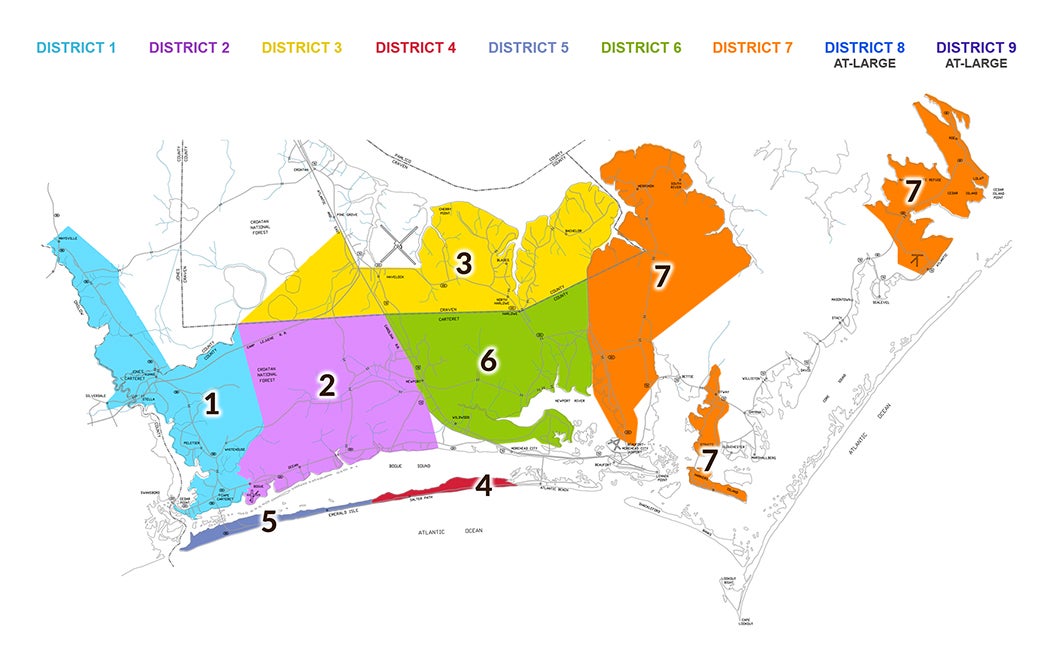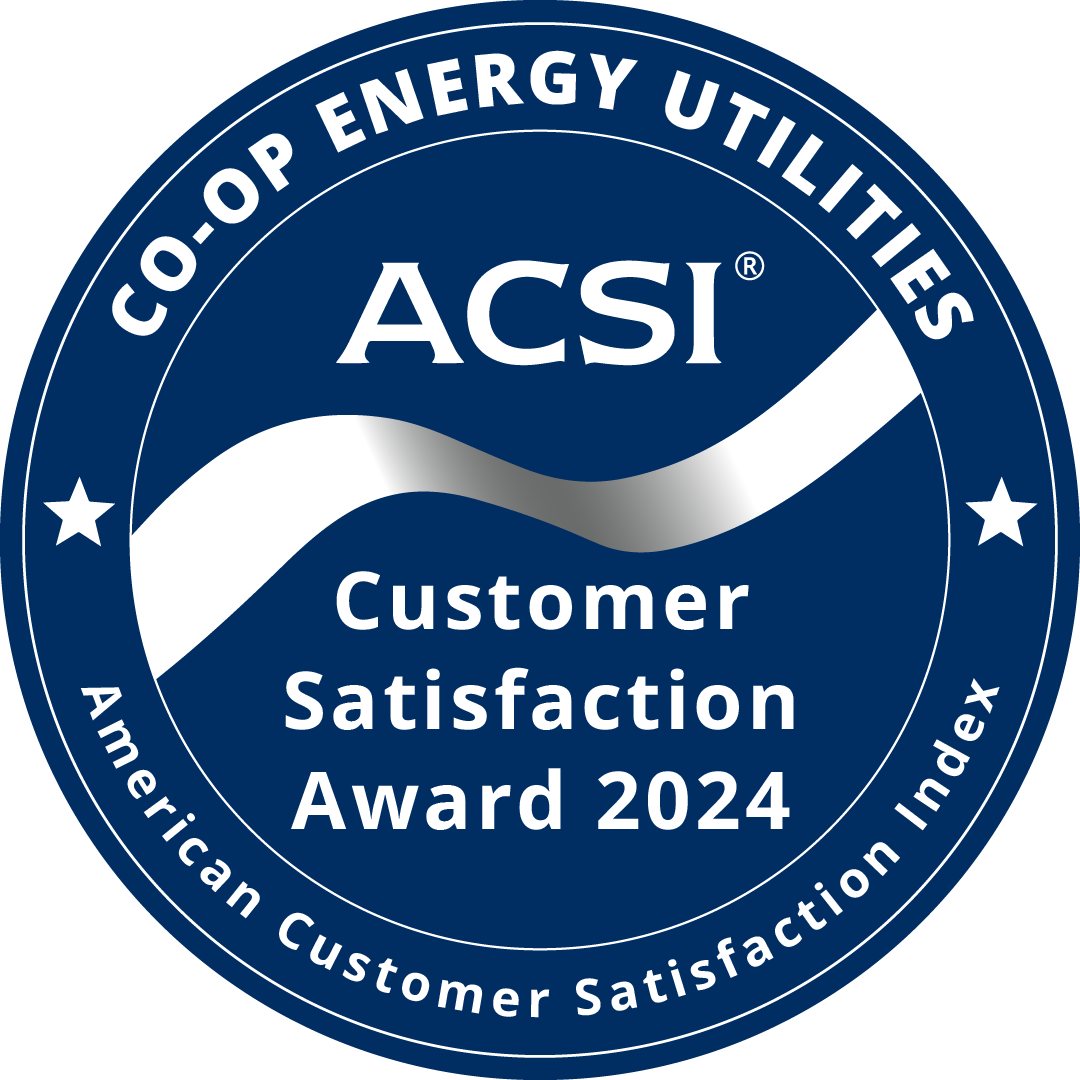Our Mission
Powered by our members to provide safe, reliable and affordable energy.
Our Vision
To deliver service excellence and embrace innovation for the future needs of our members and communities.
Cooperative Business Model
From the outside, many co-ops look like any other business, since a co-op provides products and services like conventional businesses do. But it's what goes on behind the scene that makes cooperatives different. They operate under seven guiding principles.
Member-ownership means:
-
You elect fellow members to the Board of Directors who make the policies that control the operation of the cooperative.
-
We create and enforce strong internal control policies to safeguard cooperative assets.
-
We maintain accurate accounting records and respond promptly to financial requirements.
-
Any amount of the cooperative’s monthly bills that are in excess of the actual operating costs are credited to each member based on the member's total energy use during the year. (See Capital Credits)
CCEC is not-for-profit and is owned and controlled by you, the members; there are no outside investors.
Bylaws
To view the Carteret-Craven Electric Cooperative bylaws, click Official Bylaws.
Service Territory
Carteret-Craven Electric Cooperative serves members in Carteret County from Cedar Point and Emerald Isle in the west to Cedar Island, excluding the towns of Newport, Morehead City, Beaufort and Atlantic Beach. The co-op also serves members in Craven County along Highway 101 north of Beaufort into Craven County, as well as in Havelock up to the intersection of Highway 70 and Fontana Boulevard. Service also is provided to members along Highway 58 in Cape Carteret, north to the Jones County town of Maysville, as well as a small number of members in Onslow County near Swansboro.

Nondiscrimination Statement
In accordance with Federal civil rights law and U.S. Department of Agriculture (USDA) civil rights regulations and policies, the USDA, its Agencies, offices, and employees, and institutions participating in or administering USDA programs are prohibited from discriminating based on race, color, national origin, religion, sex, gender identity (including gender expression), sexual orientation, disability, age, marital status, family/parental status, income derived from a public assistance program, political beliefs, or reprisal or retaliation for prior civil rights activity, in any program or activity conducted or funded by USDA (not all bases apply to all programs). Remedies and complaint filing deadlines vary by program or incident.
Persons with disabilities who require alternative means of communication for program information (e.g., Braille, large print, audiotape, American Sign Language, etc.) should contact the responsible Agency or USDA's TARGET Center at (202) 720-2600 (voice and TTY) or contact USDA through the Federal Relay Service at (800) 877-8339. Additionally, program information may be made available in languages other than English.
To file a program discrimination complaint, complete the USDA Program Discrimination Complaint Form, AD-3027, found online at http://www.ascr.usda.gov/complaintfiling cust.html and at any USDA office or write a letter addressed to USDA and provide in the letter all of the information requested in the form. To request a copy of the complaint form, call (866) 632-9992. Submit your completed form or letter to USDA by: (1) mail: U.S. Department of Agriculture, Office of the Assistant Secretary for Civil Rights, 1400 Independence Avenue, SW, Washington, D.C. 20250-9410; (2) fax: (202) 690-7442; or (3) email: program.intake@usda.gov.
USDA is an equal opportunity provider, employer, and lender.

